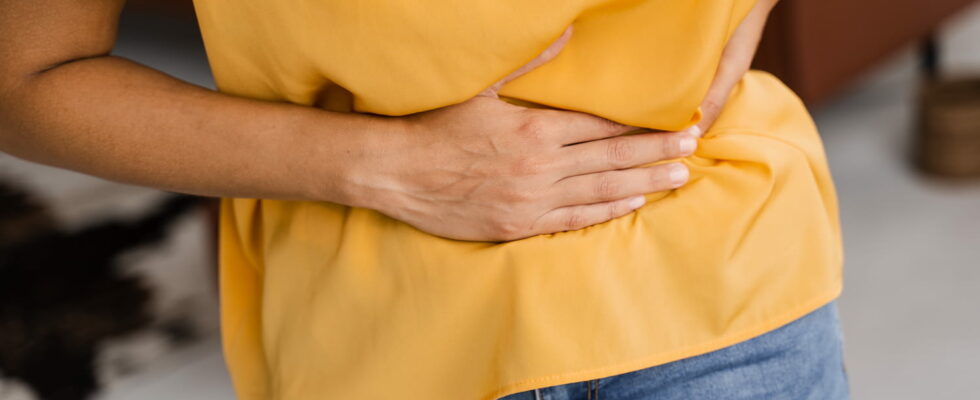Paradise beaches, turquoise waters, gentle lifestyle, sunsets… Is your trip approaching? Or maybe you’ve already landed? There’s still time to read the following to avoid punctuating this long-awaited stay with a trip to the hospital. Because a disease well known to locals but not always to travelers threatens to flatten your body. “For me, it lasted 15 days between the onset of symptoms and recovery and I had to be hospitalized for 5 hours to be rehydrated and have antibiotic treatment” Victoria tells us.
The name of this famous disease (which sounds pretty good by the way) is “Bali Belly”. Why? Because “belly” in English means “belly” in French and it is the target organ of the symptoms of this condition. It causes stomach aches, nausea, vomiting, great fatigue but especially acute diarrhea. It is also called “traveler’s diarrhea” or “turista”. As the High Council of Public Health (HCSP), traveler’s diarrhea is defined as the passage of at least 3 unformed stools in 24 hours or by the passage of stools more frequently than usual in children, during travel or within 7 days of return. The episode is usually “acute, benign and spontaneously resolved in 1 to 3 days” but it can sometimes be more serious and require medical attention.
Because of what ?
Traveler’s diarrhea such as Bali Belly is caused in 80% of cases by bacteria (Escherichia coli, Campylobacter, Shigella, Salmonella, etc.); 10 to 15% by viruses (rotavirus, norovirus) and 5 to 10% by parasites (Entamoeba histolytica, Giardia lamblia, Cryptosporidium, etc.). This diarrhea is mainly contracted in regions where hygiene, water and food safety standards are less strict. For example, in Bali, an Indonesian island where the inhabitants call it “Bali Belly”, but also in Thailand, India, Africa (Morocco, Egypt, Kenya), Latin America (Mexico, Peru, Brazil) and in certain countries in the Middle East. To avoid it, you must follow the following instructions to the letter:
- Drink only bottled water that is sealed (and opened in front of you)
- Use capped bottled water to brush your teeth
- Avoid ice cubes that may be made with unpurified water.
- Eat well-cooked foods
- Avoid raw fruits and vegetables that cannot be peeled (peel the fruits yourself after washing your hands)
- Wash your hands regularly with soap or use hand sanitizer
- Avoid fresh fruit juices prepared in an artisanal way
- Avoid raw vegetables, shellfish, reheated dishes and cold buffets
- Avoid homemade ice cream
- Cook eggs, meats, fish and shellfish thoroughly
The HCSP recommends that parents vaccinate infants under 6 months against rotavirus before traveling to a risk area. It is very important when you contract turista to hydrate yourself by drinking plenty of water (salty/sweet) and/or rehydration solutions. There is no drug prevention. Medication is used as treatment depending on the severity of the disease. Two antibiotics can be prescribed, primarily azithromycin.
Before traveling abroad, it is recommended to consult the website of the Ministry for Europe and Foreign Affairs to have all the health recommendations. For a trip to Indonesia for example, it is requested to check with a doctor your vaccinations against hepatitis A, hepatitis B, Japanese encephalitis, rabies, typhoid and malaria.
